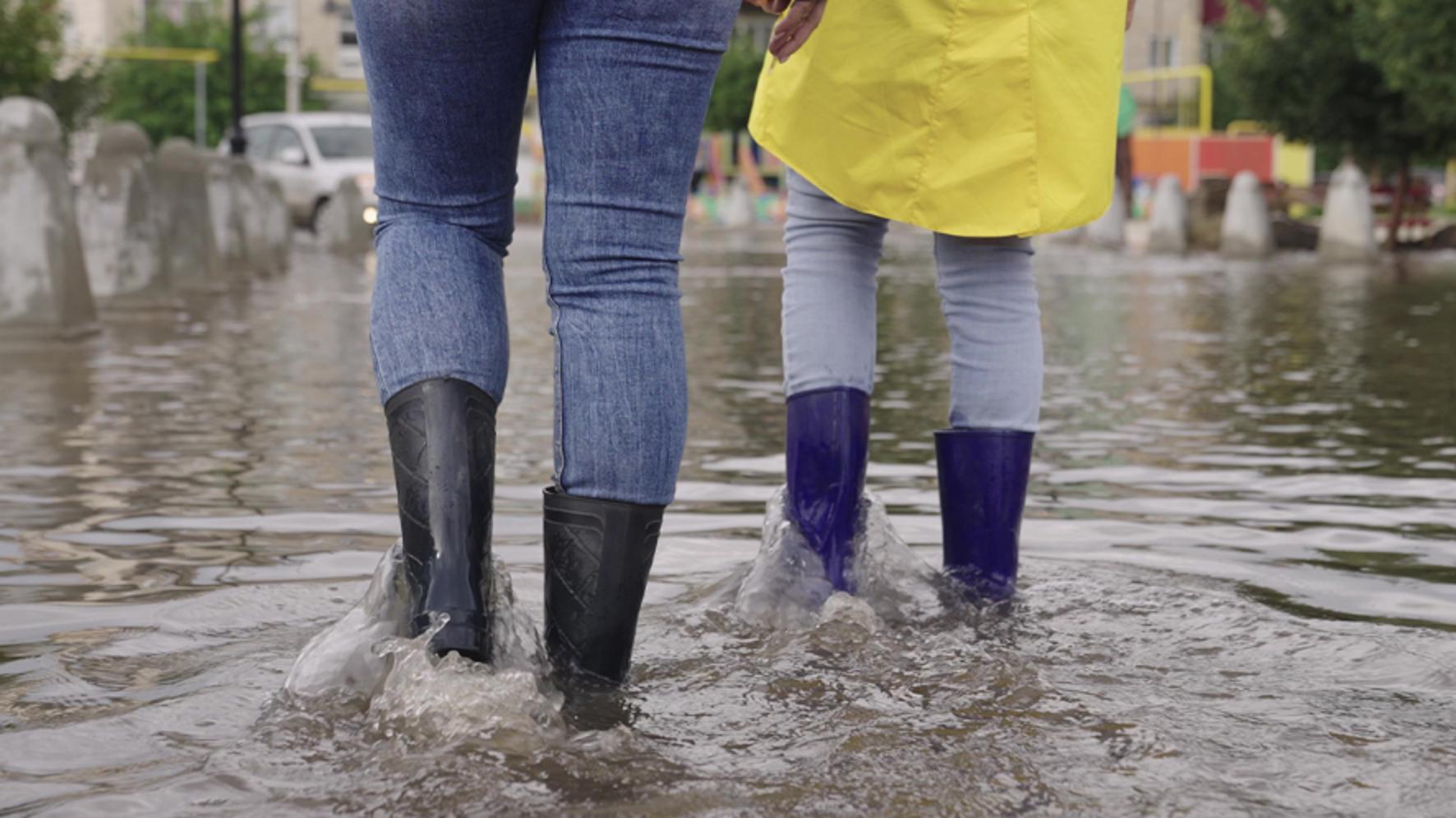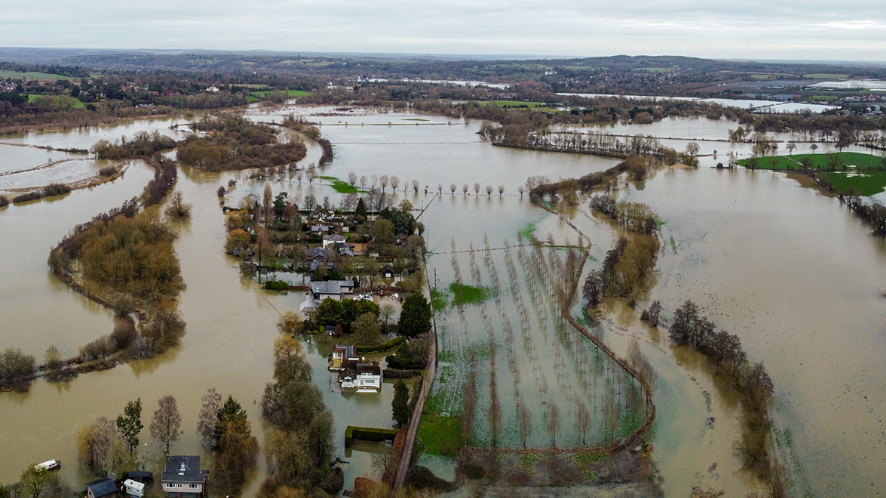South West Water is marking Flood Action Week by explaining the dangers of flash flooding and how it’s working to support local communities.
Often catching people of guard, overland flash flooding is when heavy rain falls during a short period of time – and this can happen at any time of the year.
Flash floods can be particularly dangerous after warm, dry months as prolonged hot weather dries out soil, making it hard and unable to absorb rain as it normally would.
Instead of being absorbed, falling rain bounces off hard ground and runs into surface water drains which can overwhelm the sewage network on combined sewer systems.
These events can occur during wetter months too, when already waterlogged ground may be unable to absorb more rain which increases the risk of flooding.
Although intense rainfall enters surface water drains which are not owned or managed by South West Water, on combined systems this can result in the additional flows overwhelming the sewer network and South West Water is committed to reducing and resolving flooding from sewers, which often interact with other types of flooding.
From planting trees, to thorough maintenance of sewer systems and updating infrastructure, the company is working hard behind the scenes to protect local communities and the environment.
Flash flooding can affect rural and urban areas, causing damage to roads, businesses, homes and the local environment.
The Met Office reports that as the atmosphere warms, it holds more moisture, which can lead to more intense and frequent downpours.
How is South West Water working to help reduce the impact of flooding on customers?
- Troubleshooting likely flood areas by carrying out regular surveys, gathering knowledge from local people and working closely with local councils to mitigate the impact in high-risk areas.
- Monitoring weather reports to get ahead of potential flooding incidents in order to have have extra teams on hand to assist in potentially flooded areas.
- Reducing rainwater entering wastewater systems by disconnecting unabsorbant areas and instead providing natural drainage features such as ponds or ditches to help ensure the sewage network doesn’t become overwhelmed.
- Planting trees and restoring peatland areas via its award-winning Upstream Thinking catchment management programme which helps to absorb more water into the land, therefore reducing the risk of flooding.
- Regular deep cleaning of sewers and underground storage tanks (designed to cope with extra flows) to prevent blockages which could lead to flooding.
- Working to ensure less field run off enters drainage systems by improving infrastructure in rural areas.
Customers can help to prevent blockages by only flushing the 3Ps (pee, poo, and paper) and by making sure not to pour fats, oils or grease down sinks.
Flood Action Week is a yearly campaign launched by the Environment Agency to raise awareness of the risk of flooding and the steps that can be taken to prepare.

